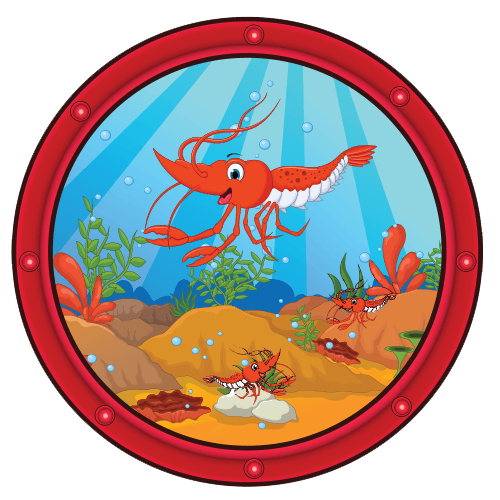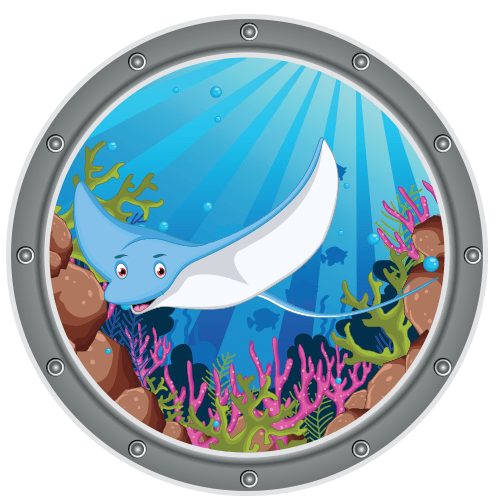ABA Center with Sensory Gym

Shrimps
Ratio will be 1:1 and/or 1:2
A child entering the Shrimps classroom usually is newly diagnosed and new to a learning environment. These individuals will need intensive 1:1 therapy that focuses on communication and play skills. Other skills taught include, but are not limited to: imitation, matching, sorting, self-help, toilet training, and following directions. Assessments will be conducted for each individual using VBMAPP. After results are analyzed, an individual treatment plan will be created by a BCBA/BCaBA, discussed with the family, and is usually approved for a 6-month period.

Turtles
Ratio will be 1:1 and/or 1:2
The Turtles room is set up as a transition classroom that caters to getting clients ready for a school environment. Children in this class will work on pre academic skills, following routines, making transitions, and working independently. There is also an emphasis on teaching higher level social skills that are needed to function in a school setting. During this time parents will work closely with our parent coach to get ready for school.

Rays
Ratio will be 1:1 and/or 1:2
Those children entering the Rays class has limited to moderate language/communication skills and emerging social/play skills. They will be aware of their social environment but need help with social interactions. The Ray classroom works to target different skill sets geared to but not limited to play skills with peers, communicating wants and needs, attending to small group activities, and self-help skills. The main goal is to create a fun and play based classroom geared to replacing problem behaviors, teaching social skills, and improving communication skills. Assessments will be conducted for everyone using VBMAPP. After results are analyzed, an individual treatment plan will be created by a BCBA/BCaBA and discussed with the family. Once insurance approves the treatment plan: it is usually approved for a 6-month period.

Jellies
Ratio will be 1:1 and/or 1:2
A child entering the Jellies classroom usually has a significant delay in language and social skills. They might be non- vocal or have a limited number of words they use to express their wants and needs. This classroom focuses on teaching each child how to use a communication device (PECS/Proloquo/LAMP) to communicate their wants and needs. Assessments will be conducted for everyone using VBMAPP. After results are analyzed, an individual treatment plan will be created by a BCBA/BCaBA and discussed with the family. Once insurance approves the treatment plan: it is usually approved for a 6-month period.
Do You Have Any Questions?
Have Questions?
All information you share or questions you ask is 100% confidential and protected so please feel at ease discussing your unique situation.
We will reply to you immediately.

